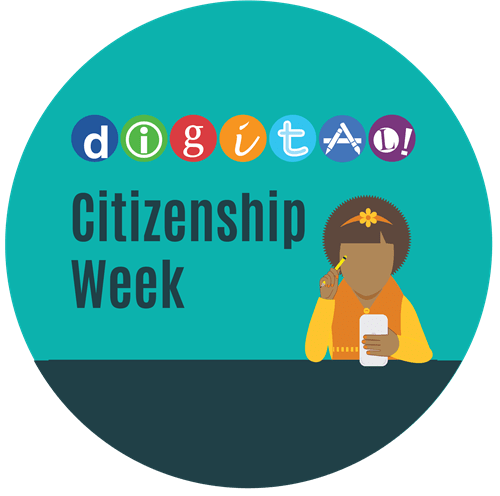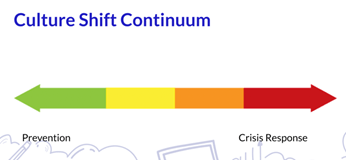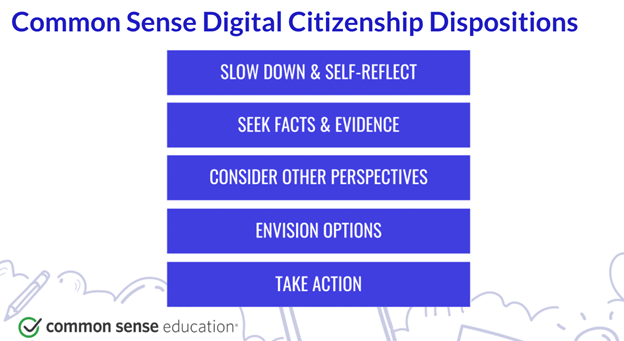Imagine this: It’s Monday morning. Over the weekend, one of your students, Gabe, challenged his classmates to post sexual images as a dare. Ana responded by posting an image of a faceless nude female to a group chat of 5 kids. The parent of a recipient in the group chat is calling the office looking for a response. What are you going to say?
I often use scenarios like this in workshops I facilitate for teachers demonstrating the need to proactively plan and implement a positive digital culture instead of just being reactive. Educators commonly respond to this scenario by stating they would talk to the students, call the families, involve counselors, and/or notify administrators. Some say they would involve law enforcement. When asked how long it will take to contain the drama and repair the impact of the student actions, nearly all raise eyebrows and shake their heads.

Imagine that instead of waiting until that Monday morning scenario hits your school, you use the scenario as a hypothetical digital dilemma to be discussed in class. “A digital dilemma is a tricky situation that can occur in digital life—and it doesn’t always have an obvious right or wrong answer. Even when someone has been hurt or wronged, the right way to respond in a digital dilemma is often unclear.” When used with secondary students, it allows them to consider the perspectives of others. Students are asked to articulate the options available to each person in the scenario and how each might de-escalate the situation. What if Gabe challenges with a trivia challenge? What if Ana sends a photo of turtles mating, instead? Walking students through the consequences and options of hypothetical digital dilemmas before they encounter situations on their phones saves the time, drama, and headache. Having a comprehensive digital citizenship plan that involves 1) providing support and training for teachers 2) teaching digital citizenship lessons to students 3) and reaching out to families brings your school from a culture of crisis response to a culture of prevention.

A digital citizen is one who thinks critically, participates responsibly and engages meaningfully with media and technology. It is not about telling kids the right answers or what to do with media and technology, but giving students the skills and habits they need to harness the opportunities that technology provides: Students can be mindful of their digital footprints, but can also show us their amazing talents by creating and sharing their ideas. Students can be upstanders and prevent cyberbullying in their community, but can also be activists for changes they want to see in the world. Students can not only avoid social media pitfalls, but can enhance their relationships, learn new skills, and share their passions by teaching others.
I’m writing during Digital Citizenship Week, our yearly celebration to bring awareness, provide resources to educators and families, and highlight all of the great work that educators are doing to create a culture where students are thriving with technology. It’s a great time to get started.
Educators: Try a lesson plan from the Digital Citizenship Curriculum or the Digital Citizenship Week plans for Elementary, Middle and High. These classroom resources facilitate opportunities for learning more about your students’ digital lives (what a privilege!) and building community in your classroom while teaching the dispositions essential to digital life. If you are the kind of person who likes background information, take the one hour teacher training to learn more.
Administrators: If more technology and access has recently become a reality of your system, you have the advantage of learning from the mistakes of others who came before you. If you are looking to create a plan for how you will be addressing digital citizenship, here are case studies including videos on how districts got started and what they learned. Remember that your teachers and families are learning about online expectations and these discussions are a great way to establish open communication and partnership while learning together.
While I can’t promise that you will avoid all online mischief by proactively implementing digital citizenship, your community will be prepared by being proactive. You’ll have a common language, established expectations, and your first communication to parents will have already been about partnering on digital citizenship culture instead of the awkward dramatic one.
